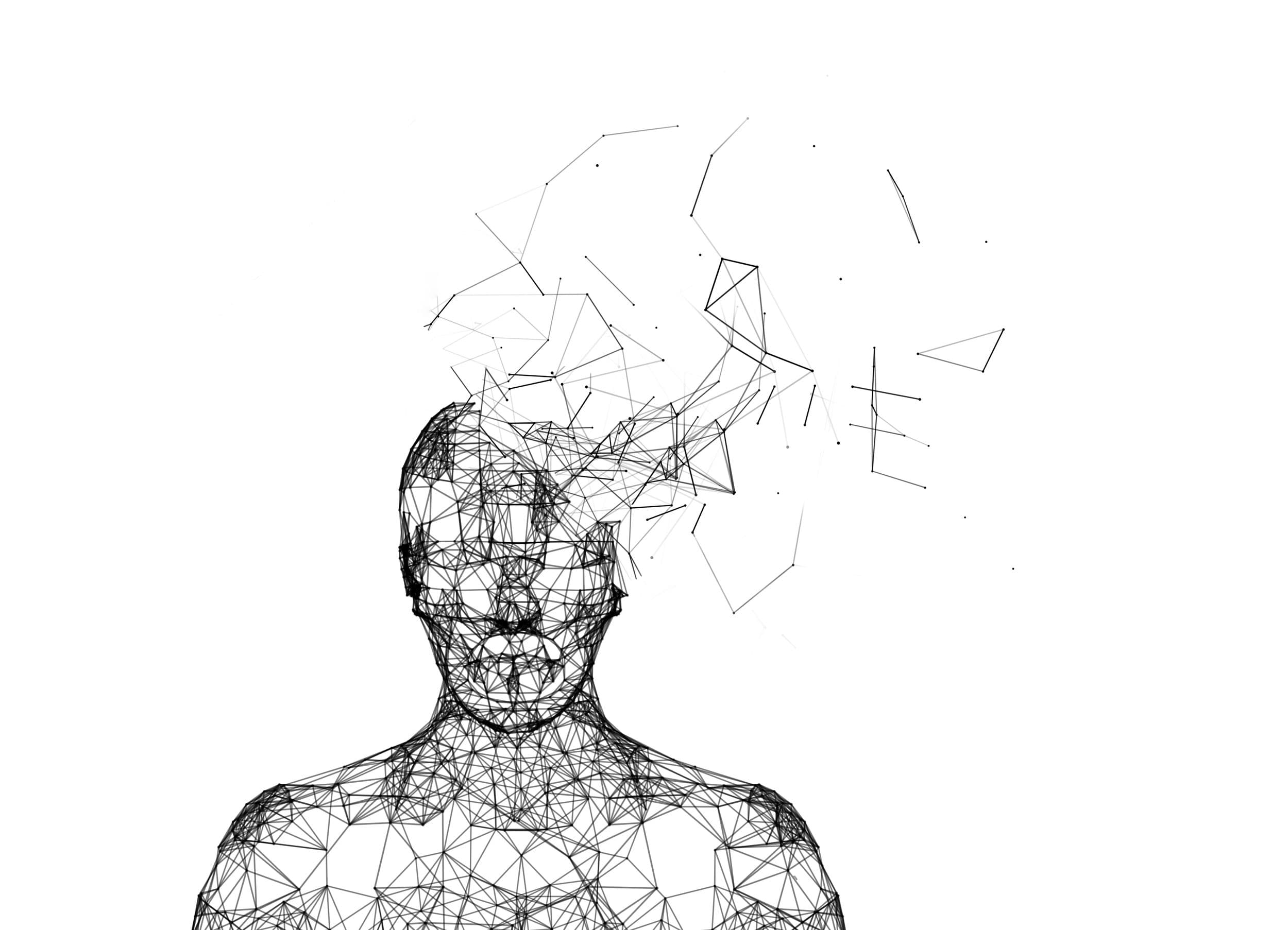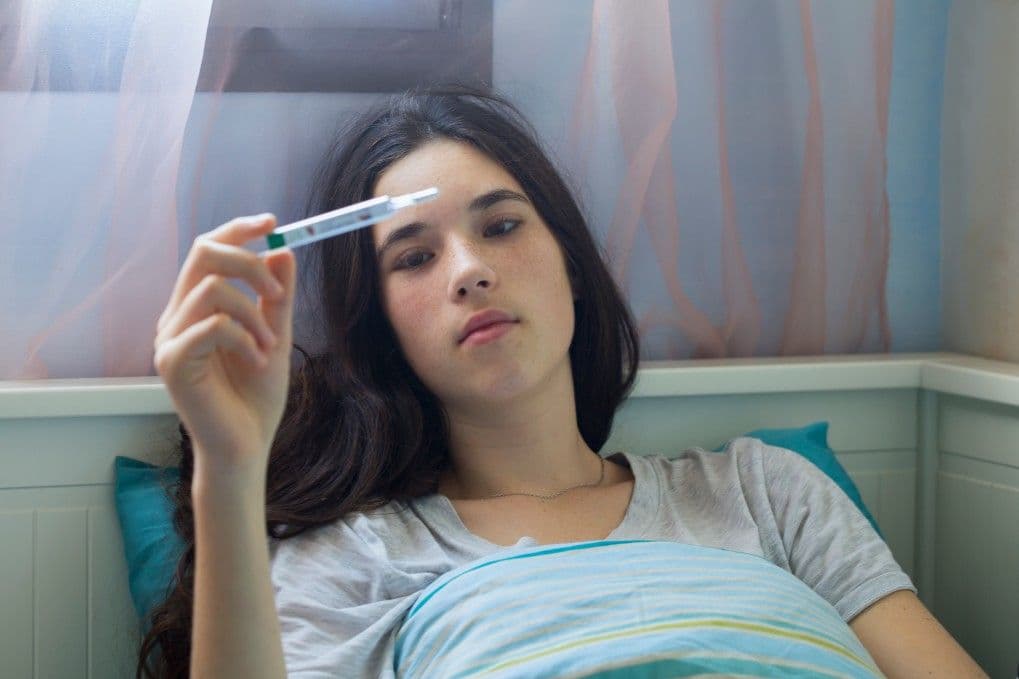Hormones Impact Stress, Memories, Understanding Social Cues
Pregnancy News
Obie Editorial Team

What new research shows
New research shows an unexpected link between sex hormones and cognitive function, such as memory and interpreting social cues, in females. Study results, presented at Neuroscience 2013, the annual meeting of the Society for Neuroscience, also identify a chemical in pregnant mice that may provide insight into developmental disorders, particularly schizophrenia.
The study results suggested estrogen might provide women with built-in protection from stress, which can ultimately cause memory problems. The researchers determined that estrogen therapy might reduce memory impairment associated with stress in postmenopausal women. Lead author Alexandra Ycaza, MA, from The University of Southern California said, “This study shows that giving postmenopausal women estrogen may make them resistant to stress and associated memory impairments.”
Maternal stress and fetal brain development
The researchers also investigated the effects of maternal stress on brain development in an unborn child. When searching for evidence of a chemical or physiological reaction like stress, scientists will look for biomarkers to use as an indicator. These scientists wondered if one biomarker, the enzyme known as O-linked-N-acetylglucosamine transferase or OGT, was an effective indicator of stress in pregnant mice. Researchers compared the placentas of stressed-out pregnant mice to the placentas of relaxed rodents and found the placentas of anxious mice contained very low levels of OGT.
Additionally, placentas involved with male pups had lower levels of OGT than placentas involving females. The researchers tested this finding further by genetically altering placentas to lower OGT levels. When male mice from these genetically altered placentas matured, they were smaller and more sensitive to stress. Male mice from stressed-out mothers were also petite and more prone to stress.
Importance of the placenta
“The placenta is more than just a filter that passes nutrients and oxygen to the developing baby,” said Tracy Bale, Ph.D., of the University of Pennsylvania School of Medicine and author of this paper. “Our studies have shown that maternal stress can be passed to a baby through changes in the placenta, and more specifically through a single chemical.”
Humans are similar to mice in the way chemicals pass through the placenta. More studies are necessary to understand OCT as a biomarker for stress in humans.
Source: "Hormones Impact Stress, Memories, and Mental Cues." Society for Neuroscience. 10 Nov 2013. PDF file. Retrieved 15 Nov 2013.
Read More










